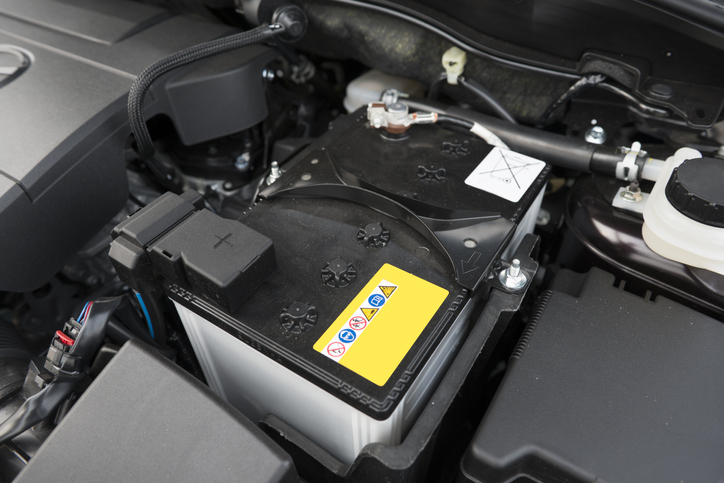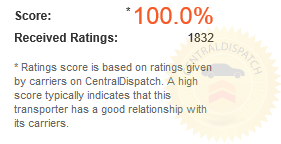Cold weather battery issues
Poor battery connections and other car battery problems

Cold weather battery issues
Cold weather in Alaska can cause a range of obstacles for car batteries, leading to various issues that can seriously impede their performance and dependability. In cold weather, several factors contribute to these problems, including decreased battery capacity, heightened internal resistance, and difficulty properly facilitating necessary chemical reactions.
One of the main issues with cold weather and car batteries is reduced capacity. Colder temperatures cause a decrease in the chemical reactions occurring inside the battery, causing in a significant decline in the battery’s overall power output. The electrolyte fluid in the battery expands, slowing down the movement of ions and electrons, which limits the battery’s ability to supply an effective current. As a result, the battery may not be able to provide enough power to start the engine.
Another problem is the rise in internal resistance. Cold weather causes the materials inside the battery to condense, which creates tighter spaces between the components. This tightening raises the internal resistance within the battery, making it harder for electrical current to flow freely. The increased resistance causes a higher voltage drop which reduces the amount of power available to start the car.
In addition, cold weather makes it more challenging for the chemical reactions in the battery to occur efficiently. The chemical reactions required for charging and discharging the battery slow down in cold weather. This lowers the battery’s ability to store and release energy, further impacting its performance.
Moreover, older batteries are particularly prone to frigid weather issues. As a battery gets older, its overall capacity naturally declines, making it more likely that extreme temperatures impact its performance. In the cold, an older battery is more likely to have problems like reduced capacity and increased internal resistance which makes it much more likely the engine will not be able to turn over.
To keep cold weather car battery issues to a minimum, there are actually several things that you can do. Regular battery maintenance is vital, which includes testing the battery’s charge level, keeping the terminals clean, and making sure that the connection is secure. Just prior to starting your car, turn off as many things you can such as the heat, lights or anything else that draws power from the battery. This will reduce the strain on the battery in cold weather. Additionally, using a battery blanket or insulation wrap can help retain heat and protect the battery from extreme cold.
Poor battery connections and other car battery problems
Car battery problems can occur for reasons other than cold temperatures. While cold weather is known to significantly worsen battery problems, several other factors can contribute to battery issues at just about any time during the year.
One common issue is battery age and the resulting deterioration. Over time, the chemical reactions inside a battery lower its overall capacity. As a result, the battery may struggle to hold a charge for very long. As a result, it may not be able to deliver sufficient power to start the engine. Regular battery maintenance and replacement when necessary are essential to avoid such problems.
Another potential cause of issues for your car battery is parasitic drains. These drains occur when certain electrical components in the vehicle continue to draw power even when the engine is off. Common culprits include interior lights, infotainment systems, and alarm systems. If left unaddressed, these drains on your battery can gradually deplete the battery’s charge, resulting in an inability to start your engine.
As previously mentioned, extreme temperatures, both hot and cold, can negatively impact battery performance. High temperatures speed up chemical reactions within the battery, which causes increased self-discharge and a decreased overall life.
Furthermore, improper battery usage and handling can also lead to problems. For instance, frequently deep-discharging a battery (discharging it to a low level) without fully recharging it can significantly reduce its lifespan. Similarly, overcharging a battery can cause damage. It’s important to follow the manufacturer’s recommendations for battery usage and charging to ensure optimal performance and longevity.


